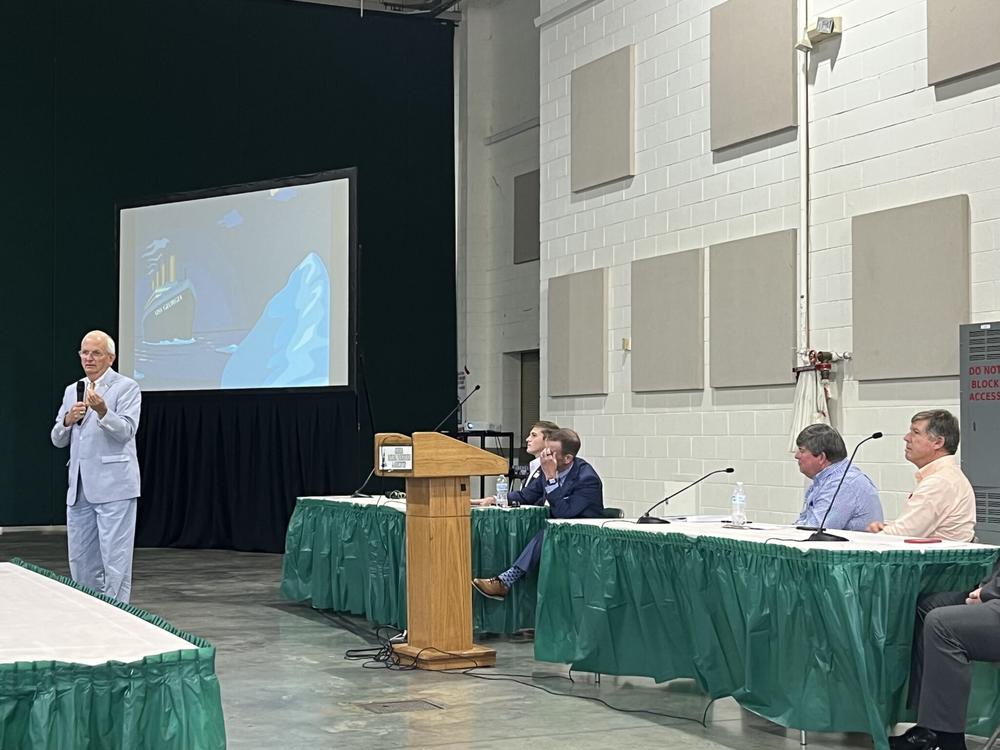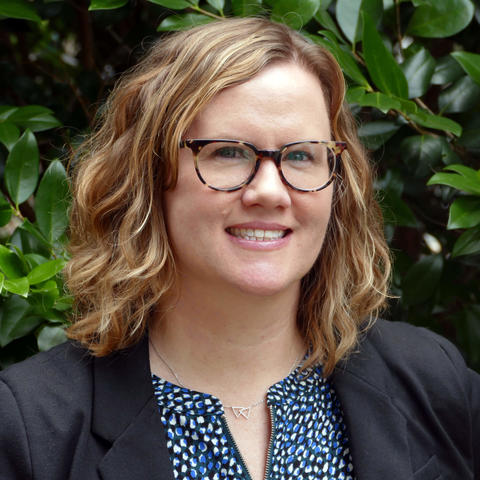
Caption
At Tuesday's event at the Georgia National Fairgrounds and Agricenter in Perry, outgoing Ag Commissioner Gary Black said there is an iceberg up ahead and it is this question: Who is going to run this government five or 10 years from now? Not politically, he said, but who will be drawn to the state agency tasked with regulating and bolstering the state’s prized top industry.
Credit: Jill Nolin / Georgia Recorder

